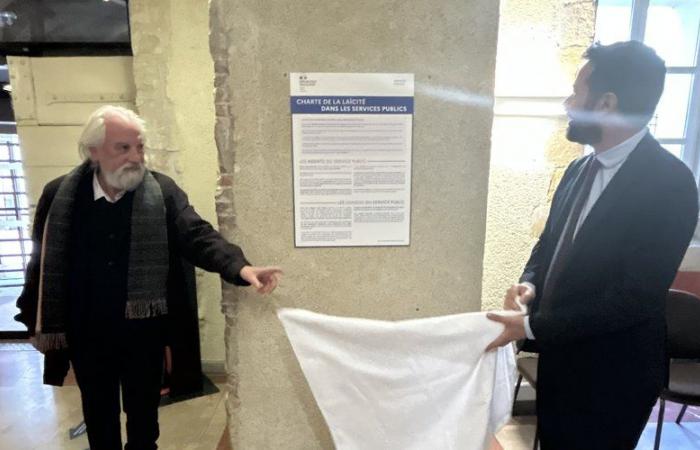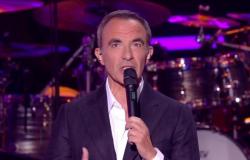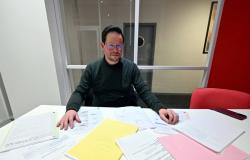the essential
The unveiling of the plaque of the charter of secularism in public services is not a trivial act, as Simon Bertoux reminded us. A symbolic action at a time when living together is under attack.
This Thursday, January 2, 2025, the prefect of Ariège, Simon Bertoux, and Claude Beaufils unveiled the secularism plaque affixed in the entrance hall of the reception services for foreign people coming to complete administrative formalities. “France is one of the rare nations in the world which respects differences of thought, which are the rules governing public service, in particular the relationships between users and civil servants in charge of reception,” recalled the prefect.
A poorly understood concept?
A symbolic gesture in a society where the definition of secularism is sometimes poorly understood, or even completely ignored. “Secularism? Isn’t that the teaching of religion?”, responds Martin hesitantly
a tourist from the Basque Country passing through Foix. A few meters further on, André, a seventy-year-old from Fuxé, gives a completely different explanation: “I would say that it's when you're a Christian and you don't practice.” Answers which may seem surprising in a country which has made it one of its pillars. Fred, of Toulouse origin, comes a little closer to the right definition: “I don't really know exactly, it's not very clear. We hear a bit of everything on this subject. In my opinion, that means that all religions are tolerated in public spaces, except in institutions.”
As a reminder, since 1905, the date of the separation of Church and State, the principle of secularism has been a foundation of the French Republic. The latter is based on freedom of conscience, the possibility of expressing one's beliefs within the limits of respect for public order, the separation of public institutions and religious organizations, as well as the equality of all before the law.
“Freedom is fundamental”
It also remains a guarantor of freedoms. Étienne-Jean Dubois, director of citizenship and legality at the Ariège prefecture, responsible for formalities for foreigners, explains: “Freedom is fundamental; it is essential to everyone, civil servants and users alike. In Ariège, there are no incidents Given the size of our department, relationships do not pose any particular problem.”
However, this state neutrality is sometimes resented by some Ariégeois. “I find that secularism in France is not the definition that I have of it. Here, it means hiding one's religion, whereas in many multicultural countries, for example, one can display it without any worry In the end, I have the impression that it divides us more than anything else, and yet, I am an atheist,” explains Raphaël.
At the time of this end-of-year holiday season, the question of the Christmas nativity scene has also arisen. “It’s sad to ban this in town halls,” says Lucienne, in reference to the recent controversy which has stirred up Beaucair news. Thus, if religious affairs must not interfere with the heart of the Republic, tradition must not be put aside. “I am a fervent defender of the separation of Church and State. On the other hand, I am attached to tradition. We must not forget that we are a country of Catholic tradition. I am neither practicing nor believing , but at Christmas, I like to see a nativity scene. You don't have to deny everything and stay in the happy medium”, Fred nuanced.First names have been changed
France






